
Qualcomm CEO Cristiano Amon told CNBC the chip designer is working with Samsung and Google to explore a mixed-reality set of glasses linked to a smartphone — taking a different approach from Apple, which launched a larger headset.
Last year, Google, Samsung and Qualcomm struck a partnership to develop mixed-reality technology. That refers to the combination of augmented and virtual reality, often involving digital images that are imposed over the real world in front of you.
Amon's comments are among the first to shed light on the project.
"It's going to be a new product, it's going to be new experiences,” Amon said, discussing what will come out the mixed reality partnership.
"But what I really expect to come out of this partnership, I want everyone that has a phone to go buy companion glasses to go along with it,” Amon added.
The CEO referenced Facebook-parent Meta's Ray-Ban smart glasses, which look like regular shades but are wirelessly linked to a smartphone and have an in-built camera. On top of that, they have a voice assistant powered by Meta's Llama Artificial Intelligence model.
Qualcomm has also made mixed reality a key target area, as it diversifies its business beyond smartphones. The company has a chip called the Snapdragon AR1 Gen 1, designed for smart glasses.
Qualcomm has been touting the fact that its various chips across smartphones and PCs allow AI applications to run on the device, rather than being processed in the cloud via the internet.
"AI is going to run on the device. It's going to run on the cloud. It's going to run some in the glass, some in the phone, but at the end of the day, there's going to be whole new experiences,” Amon said.
Smaller market
Virtual and augmented reality headsets are still a smaller market than smartphones. The International Data Corporation expects 9.7 million VR and AR headsets to be shipped this year — sharply lower than the forecast of 1.23 billion smartphones.
Common complaints with AR and VR devices, which have so far typically been large headsets, are that they are not convenient and are also at times uncomfortable to wear. A set of smart glasses could solve this, bringing a stylish device to the mixed-reality market.
Other
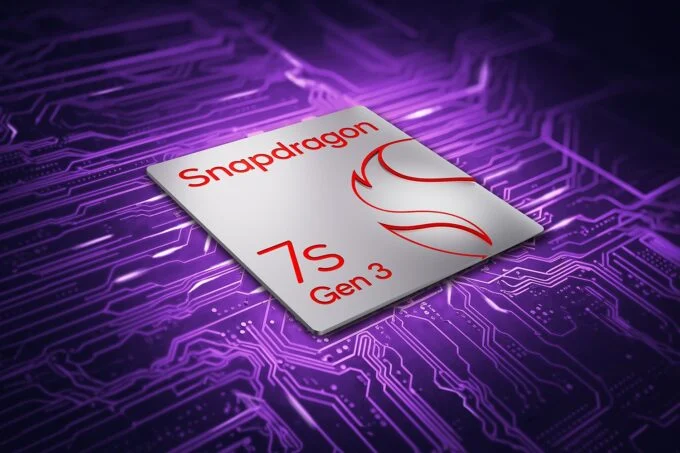
Qualcomm Announces Snapdragon 7s Gen 3 For Mid-Range Devices With AI Capabilities
2024.08.21
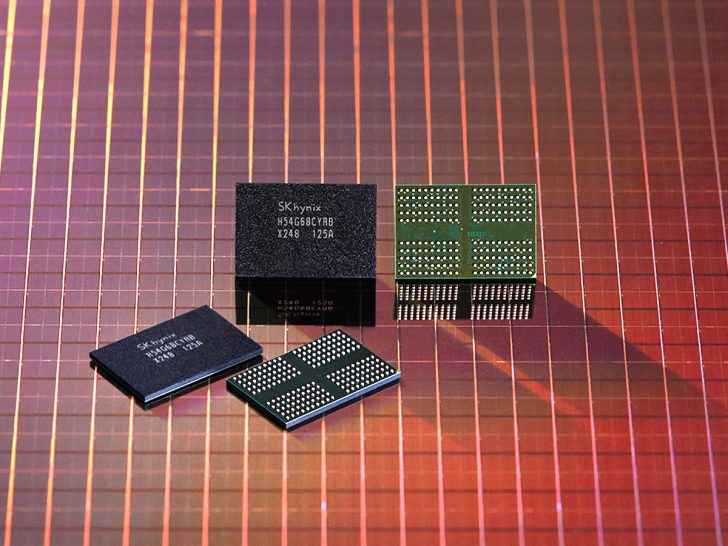
SK Hynix Preps Large-Scale DRAM Price Hike, DDR5 Up To 20% Expensive
2024.08.22

Qualcomm, Motorola, Rohde & Schwarz show 5G Broadcast innovation
2024.08.22
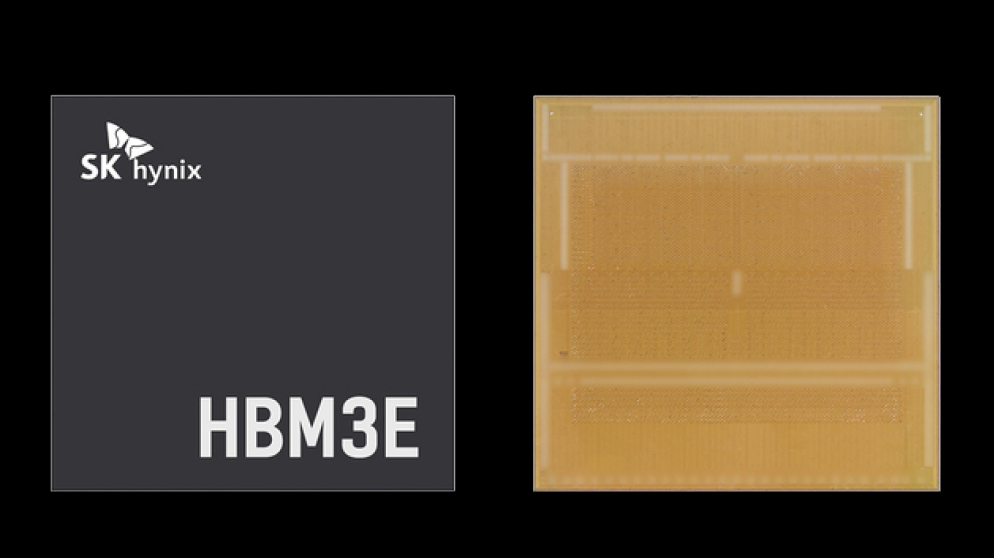
SK Hynix Is Developing Next-Gen HBM With 30x Performance Uplift
2024.08.23

OpenAI, Intel, and Qualcomm talk AI compute at legendary Hot Chips conference
2024.08.27
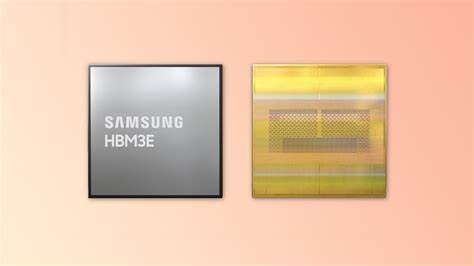
Samsung Completes NVIDIA's Quality Test for HBM3E Memory, Begins Shipments
2024.09.04

TSMC supplier says AI chip market growth to accelerate, dismisses Nvidia wipeout
2024.09.05
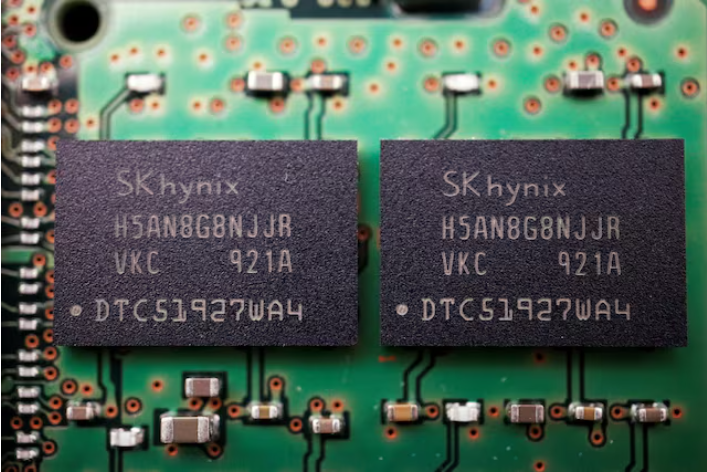
SK Hynix to start mass producing HBM3E 12-layer chips this month
2024.09.05





